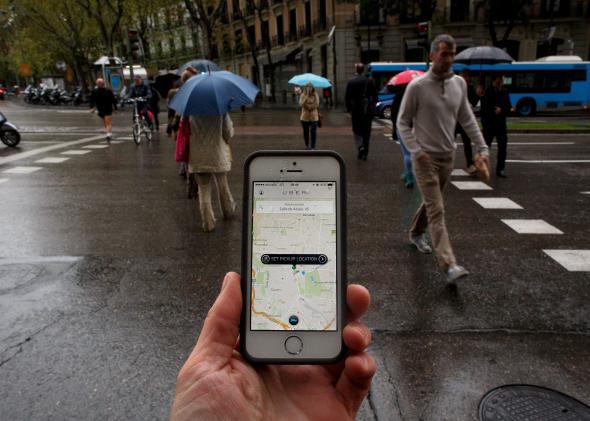It seems weird to suggest that a startup could ever tire of raising money, but in Silicon Valley the richest entrepreneurs seem to be getting a little blasé about their millions and billions. Perhaps the most frank about this is Stewart Butterfield, co-founder and chief executive of corporate messaging app Slack, who in April explained Slack’s latest $160 million raise like this:
I’ve been in this industry for 20 years. This is the best time to raise money ever. It might be the best time for any kind of business in any industry to raise money for all of history, like since the time of the ancient Egyptians. It’s certainly the best time for late-stage start-ups to raise money from venture capitalists since this dynamic has been around.
And as a board member and a C.E.O., I have a responsibility to our employees, to our customers. And as a fiduciary, I think it would be almost imprudent for me not to accept $160 million bucks for 5-ish percent of the company when it’s offered on favorable terms.
Combine that with the rise of the Valley’s billion-dollar “unicorn” club and you have a tech scene soaked in—and nearly jaded by—cash. At last count, private companies with billion-dollar valuations numbered 90 strong, with nine boasting valuations in the 11 digits. To count off some of the most prominent: Uber ($40-plus billion), Snapchat ($15 billion), Pinterest ($11 billion), and Airbnb ($10 billion going on $20 billion). These billion-dollar ventures are now so common that “unicorn” seems a misnomer. (Bloomberg View’s Matt Levine said it best this morning: “Now they’re everywhere, and there’s been some weird etymological transference where now ‘uni’ means ‘one’ and ‘corn’ means ‘billion dollar valuation,’ which is why people talk about ‘decacorns,’ just a hideous coinage really, what would you want with a ten-horned horse?”)
So it probably shouldn’t be surprising that Uber, already the second-richest venture-backed private company out there, is reportedly looking to raise more money. Because, well, if the time has come for another pyramid, why not build it? Should investors once more leap to fund Uber, the ride-hailing service’s valuation could reach $50 billion. That would make Uber the most valuable private company in the world, not to mention pushing it past major publicly traded companies like FedEx (current market cap: $49.1 billion).
What will Uber do with all that money? What is Uber already doing with all its money? The new funding would be “strategic, with an eye on partnerships,” the New York Times reports, citing an anonymous person “familiar with the discussions.” As for the second question, Uber continues to expand aggressively in the U.S. and around the globe. It is lobbying for Uber-friendly “ridesharing” legislation, competing with local taxi-hailing apps, pursuing new delivery services, fending off lawsuits, and building out its mapping and self-driving car technology. Certainly, that’s bound to be expensive. Like Slack’s Butterfield might put it, if investors are in the mood to throw money at you, why not catch it?
